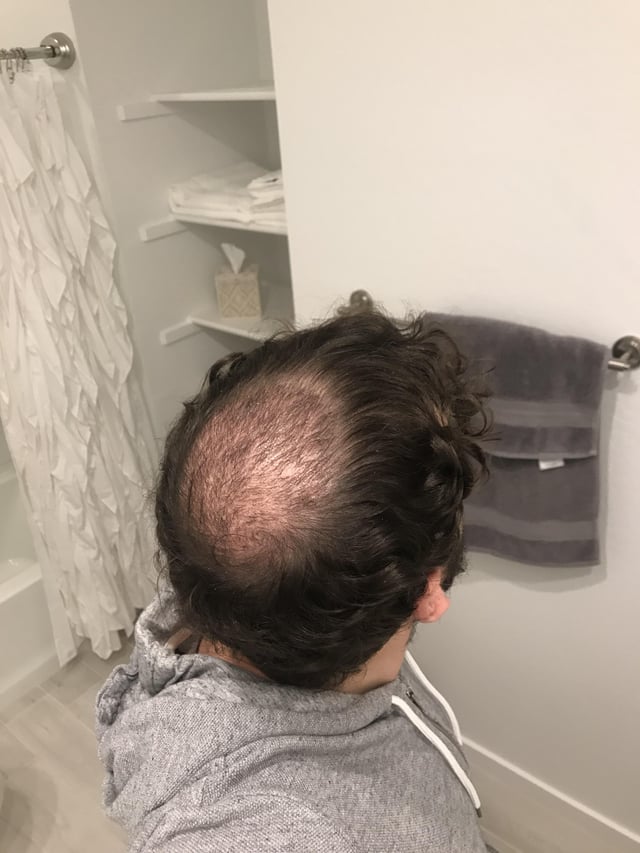Undergoing a crown hair transplant is a significant step in restoring your hair and confidence. Proper aftercare is crucial to ensure the success of the transplant and to facilitate a smooth recovery. This guide provides essential aftercare tips specifically for Crown Hair Transplant in Dubai, helping you achieve the best possible results.
1. Immediate Post-Procedure Care
1.1. Follow Clinic Instructions
- Personalized Guidance: Adhere to the specific aftercare instructions provided by your clinic. These instructions are tailored to your procedure and include important information on caring for the transplanted and donor areas.
- Medication: Take any prescribed medications as directed. This may include antibiotics to prevent infection and anti-inflammatory drugs to manage swelling and discomfort.
1.2. Protect Your Scalp
- Avoid Touching: Refrain from touching, scratching, or picking at the transplanted area. This helps prevent dislodging grafts and reduces the risk of infection.
- Use a Soft Pillow: Opt for a soft pillow or cushion when lying down to avoid putting pressure on your scalp. This minimizes discomfort and helps protect the newly transplanted hair.
2. Hygiene and Cleaning
2.1. Gentle Washing
- First Wash: Follow your clinic’s advice on when to wash your hair for the first time. Typically, you should wait 24 to 48 hours post-procedure before washing.
- Mild Shampoo: Use a mild, non-medicated shampoo recommended by your clinic. Avoid products with harsh chemicals or fragrances that could irritate your scalp.
2.2. Proper Technique
- Dabbing Motion: Wash your hair using a gentle dabbing motion rather than scrubbing. This prevents disruption of the transplanted follicles and minimizes damage.
- Lukewarm Water: Use lukewarm water to wash your hair. Hot water can cause irritation and affect healing.
3. Avoid Physical Activities
3.1. Limit Exercise
- Avoid Intense Activities: Refrain from engaging in strenuous physical activities, such as heavy lifting or vigorous exercise, for at least a week. Excessive sweating can affect the healing process and increase the risk of complications.
- Gradual Resumption: Gradually return to your normal exercise routine based on your comfort level and the advice of your clinic. Start with low-intensity activities and slowly increase the intensity.
3.2. Protect from Sun Exposure
- Avoid Direct Sunlight: Protect your scalp from direct sunlight for several weeks following the procedure. Sunburn can damage the transplanted follicles and impede healing.
- Wear a Hat: If you need to be outdoors, wear a wide-brimmed hat or use a sunscreen specifically designed for sensitive skin to shield your scalp from UV rays.
4. Monitor and Manage Potential Side Effects
4.1. Swelling and Bruising
- Cold Compresses: Apply cold compresses to your forehead and eyes if you experience swelling. This can help reduce inflammation and discomfort.
- Elevate Your Head: Sleep with your head elevated using extra pillows. This helps minimize swelling and reduces the risk of complications.
4.2. Itching and Redness
- Avoid Scratching: If you experience itching or redness, avoid scratching or rubbing the area. Instead, use any recommended topical treatments to soothe the scalp.
- Consult Your Clinic: Contact your clinic if you experience persistent itching, redness, or any unusual symptoms. They can provide guidance and address any concerns.
5. Diet and Lifestyle Considerations
5.1. Healthy Diet
- Balanced Nutrition: Maintain a healthy, balanced diet rich in vitamins and minerals to support the healing process and promote healthy hair growth. Foods high in vitamins A, C, D, and E, as well as proteins and omega-3 fatty acids, are beneficial.
- Stay Hydrated: Drink plenty of water to stay hydrated. Proper hydration supports overall health and aids in the recovery process.
5.2. Avoid Smoking and Alcohol
- Smoking: Avoid smoking, as it can impair blood circulation and hinder the healing process. Smoking can also negatively impact hair growth and results.
- Alcohol: Limit alcohol consumption, as excessive alcohol can dehydrate your body and affect the healing process. Moderate alcohol intake is generally acceptable, but consult your clinic for specific recommendations.
6. Follow-Up Appointments
6.1. Regular Check-Ins
- Scheduled Visits: Attend all scheduled follow-up appointments with your clinic to monitor your progress and ensure the transplanted hair is growing as expected.
- Post-Operative Care: Use these appointments to discuss any concerns or questions about your recovery or results. Your clinic will provide ongoing support and guidance.
6.2. Additional Treatments
- Complementary Therapies: Your clinic may recommend additional treatments, such as PRP (Platelet-Rich Plasma) therapy, to enhance hair growth and improve results.
- Long-Term Maintenance: Follow your clinic’s long-term care recommendations to maintain the health and appearance of your transplanted hair.
Conclusion
Proper aftercare is essential for achieving the best results from your crown hair transplant in Dubai. By following the recommended guidelines, including gentle washing, protecting your scalp, avoiding physical strain, and maintaining a healthy lifestyle, you can ensure a smooth recovery and optimal outcomes. Regular follow-ups with your clinic will help monitor your progress and address any concerns, ultimately leading to successful hair restoration and renewed confidence.






Comments